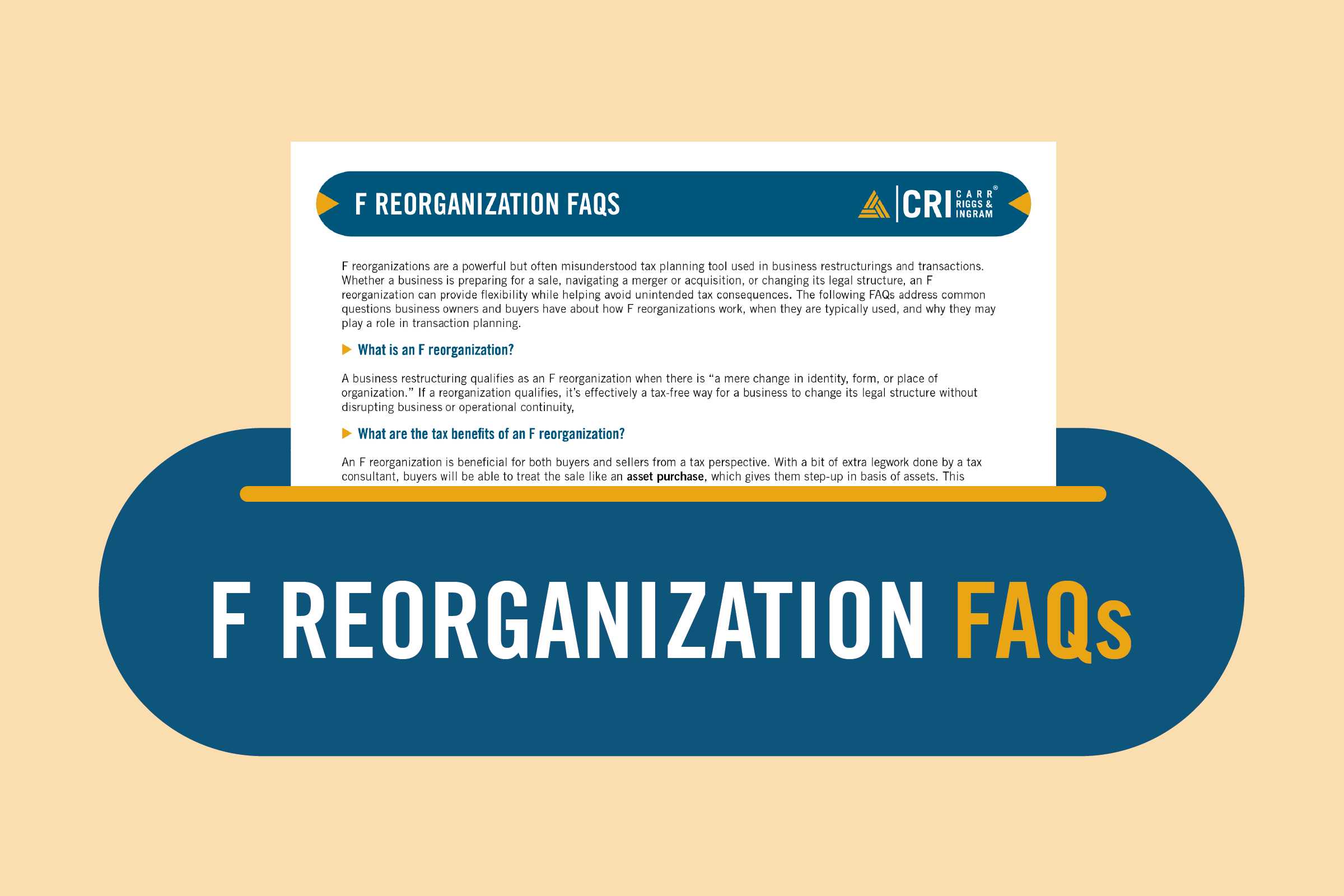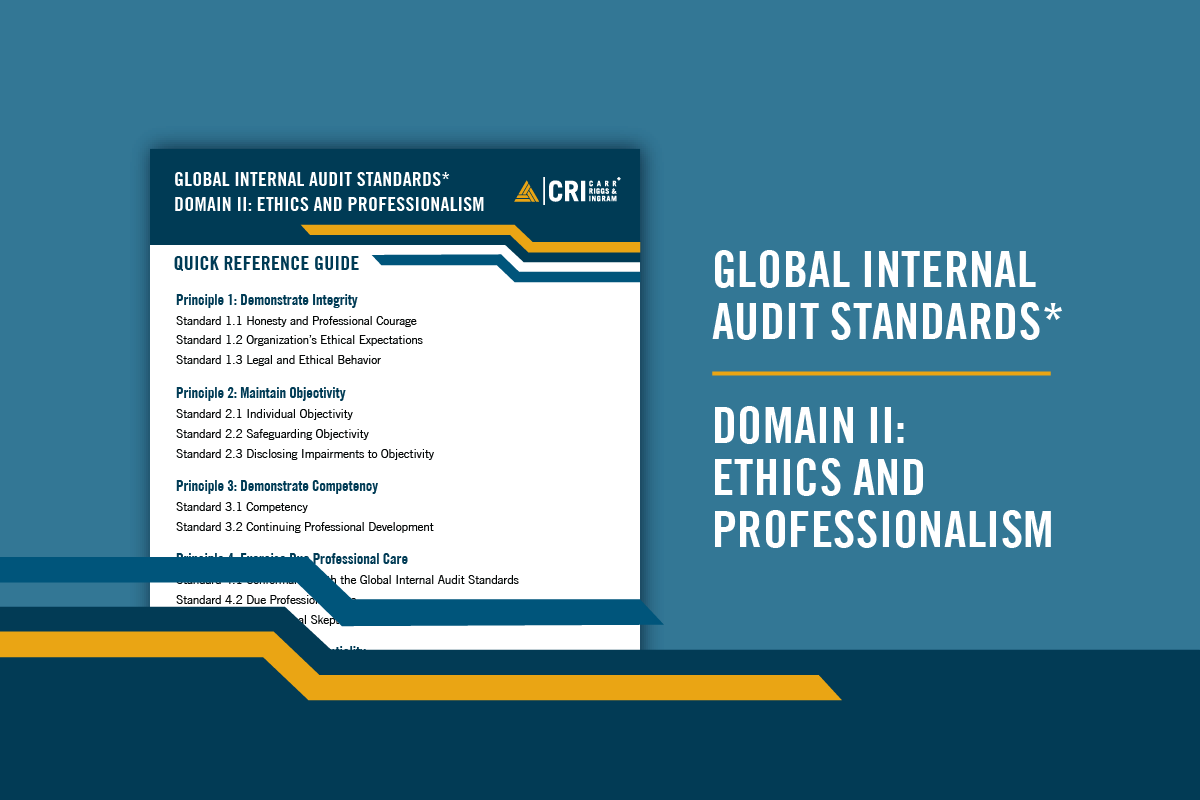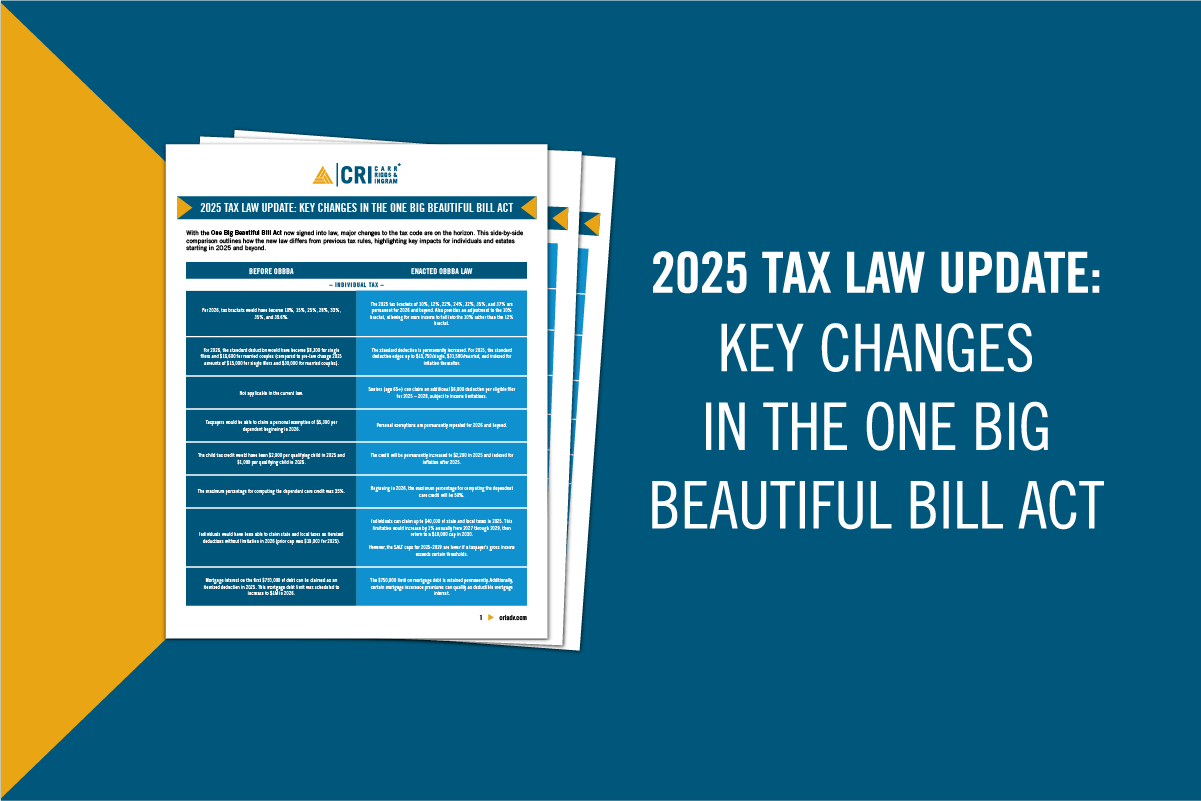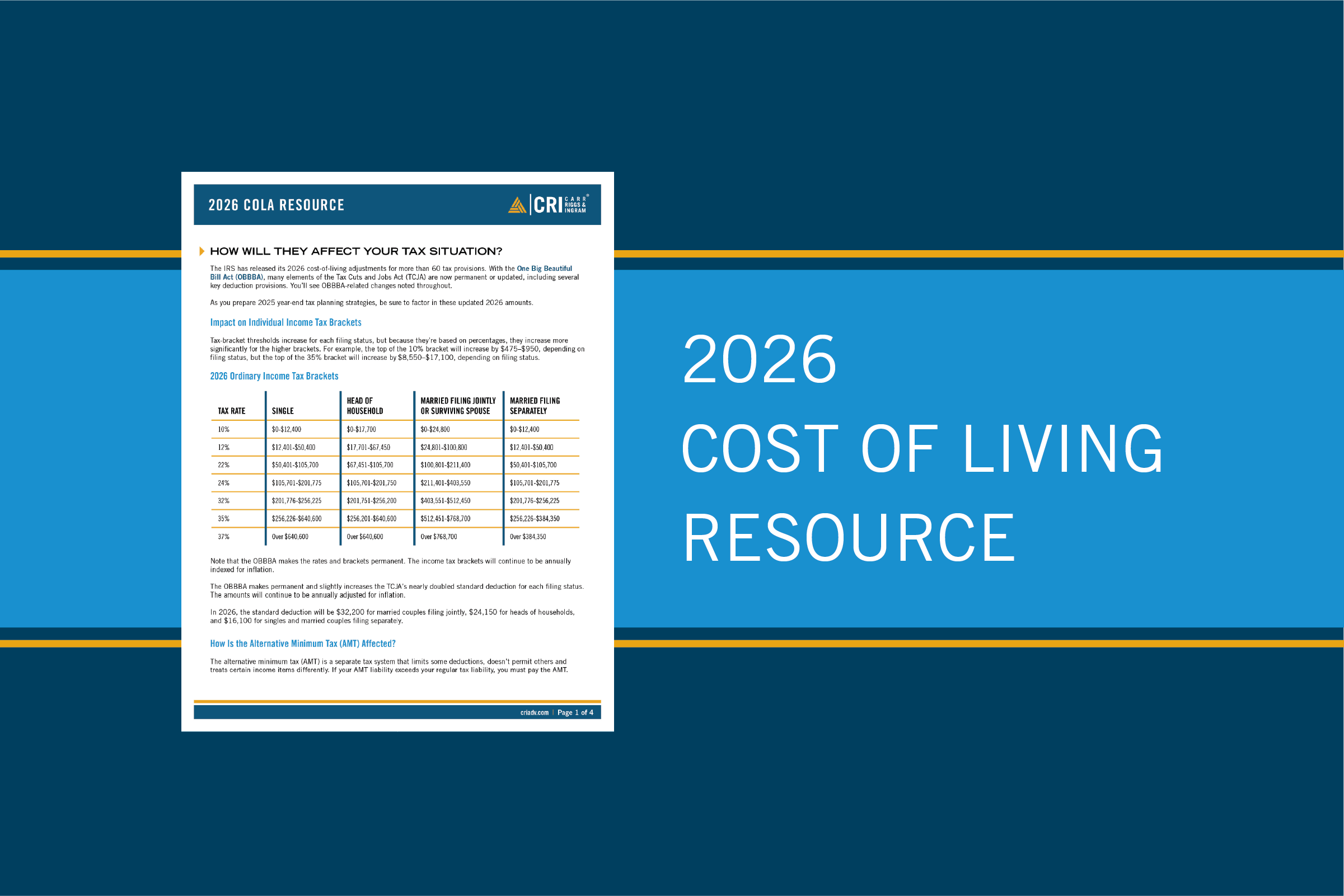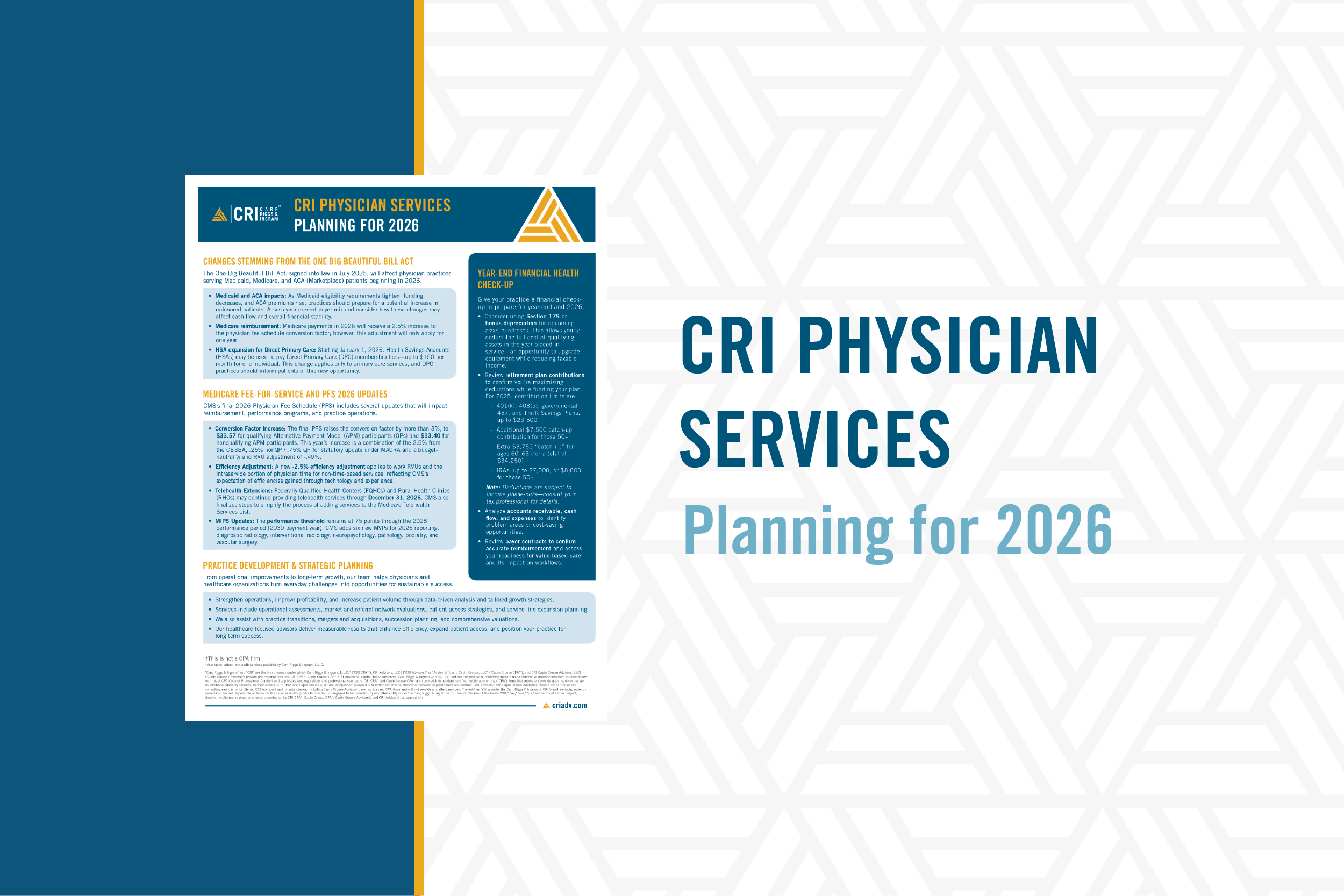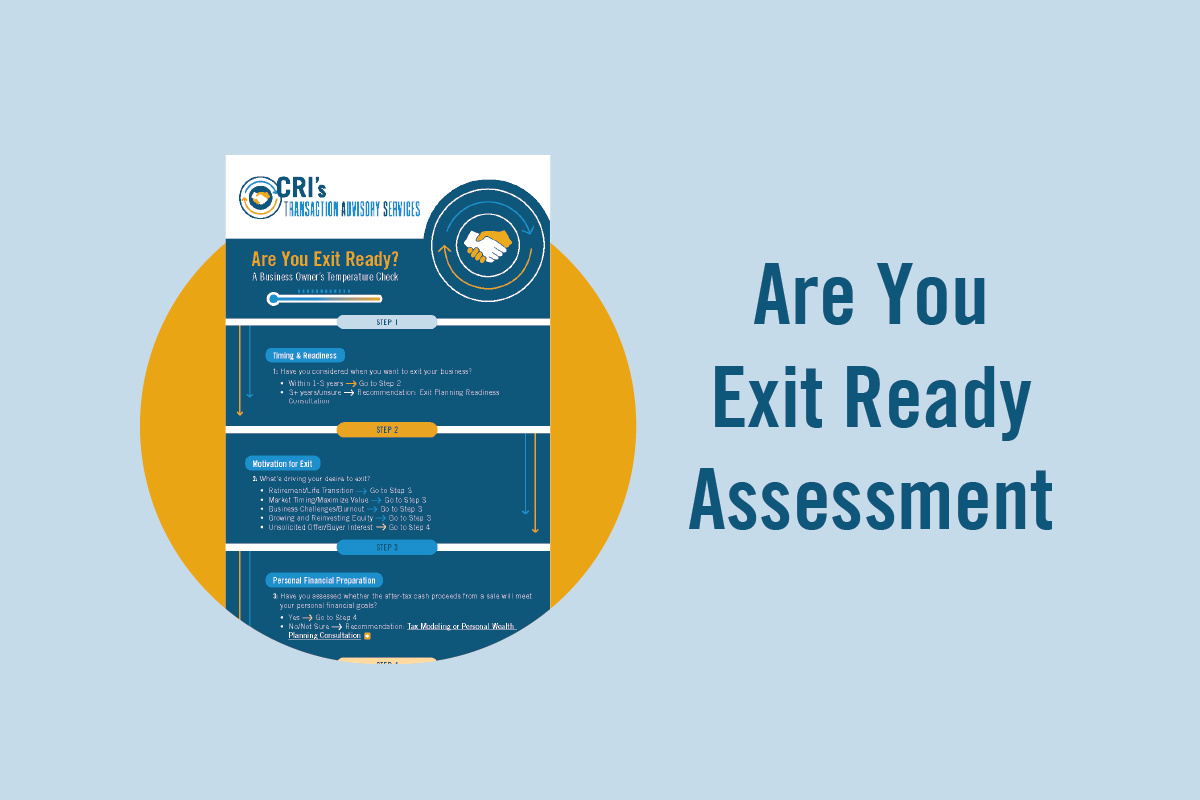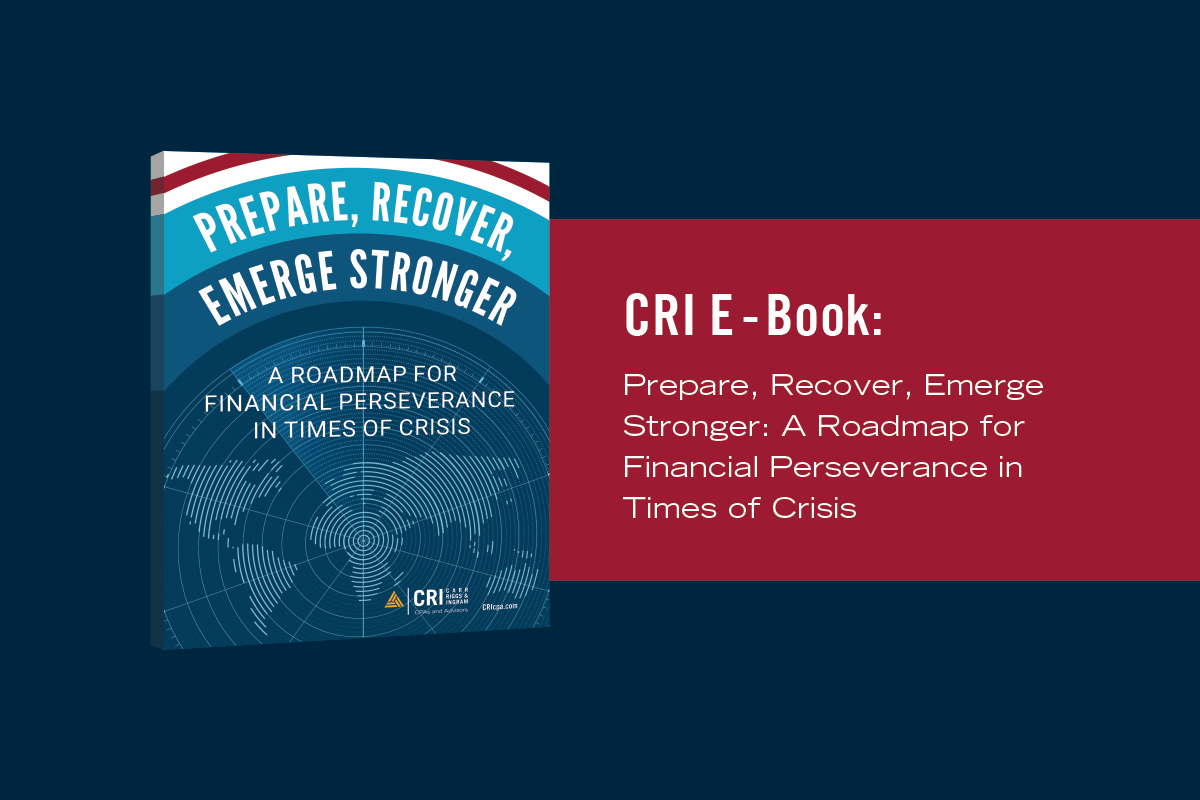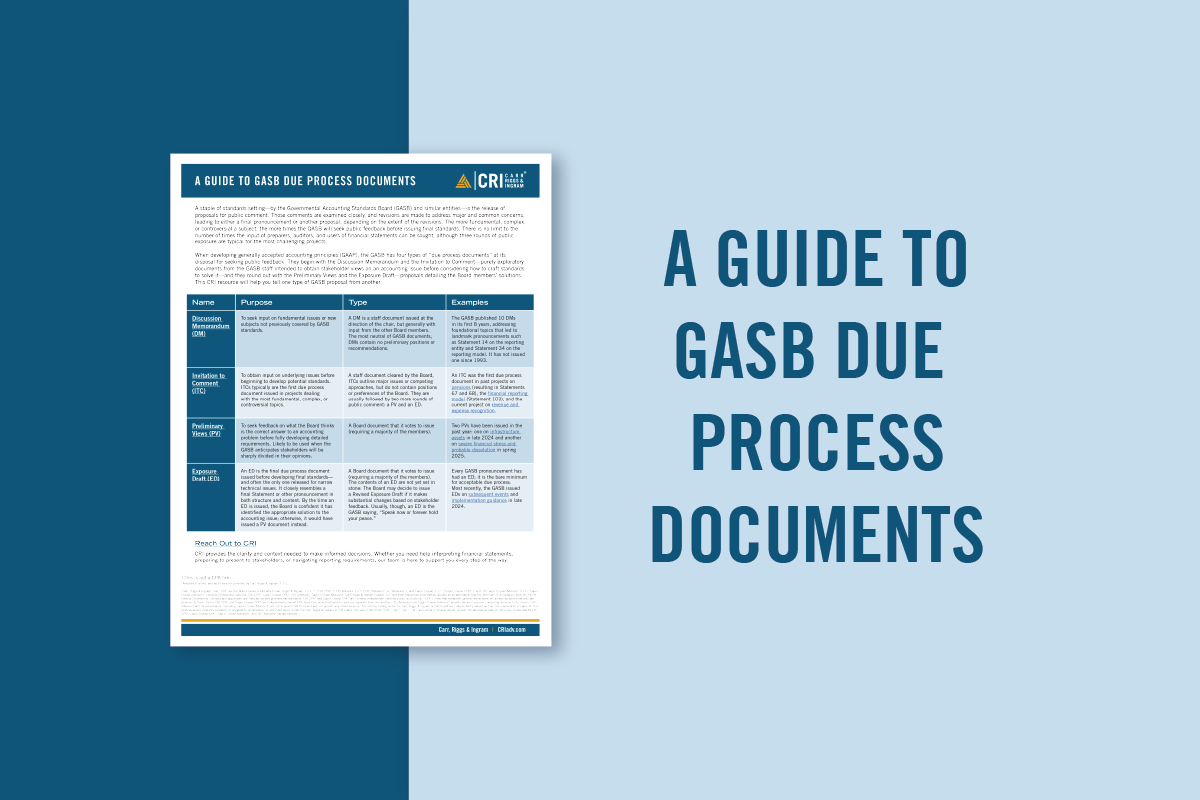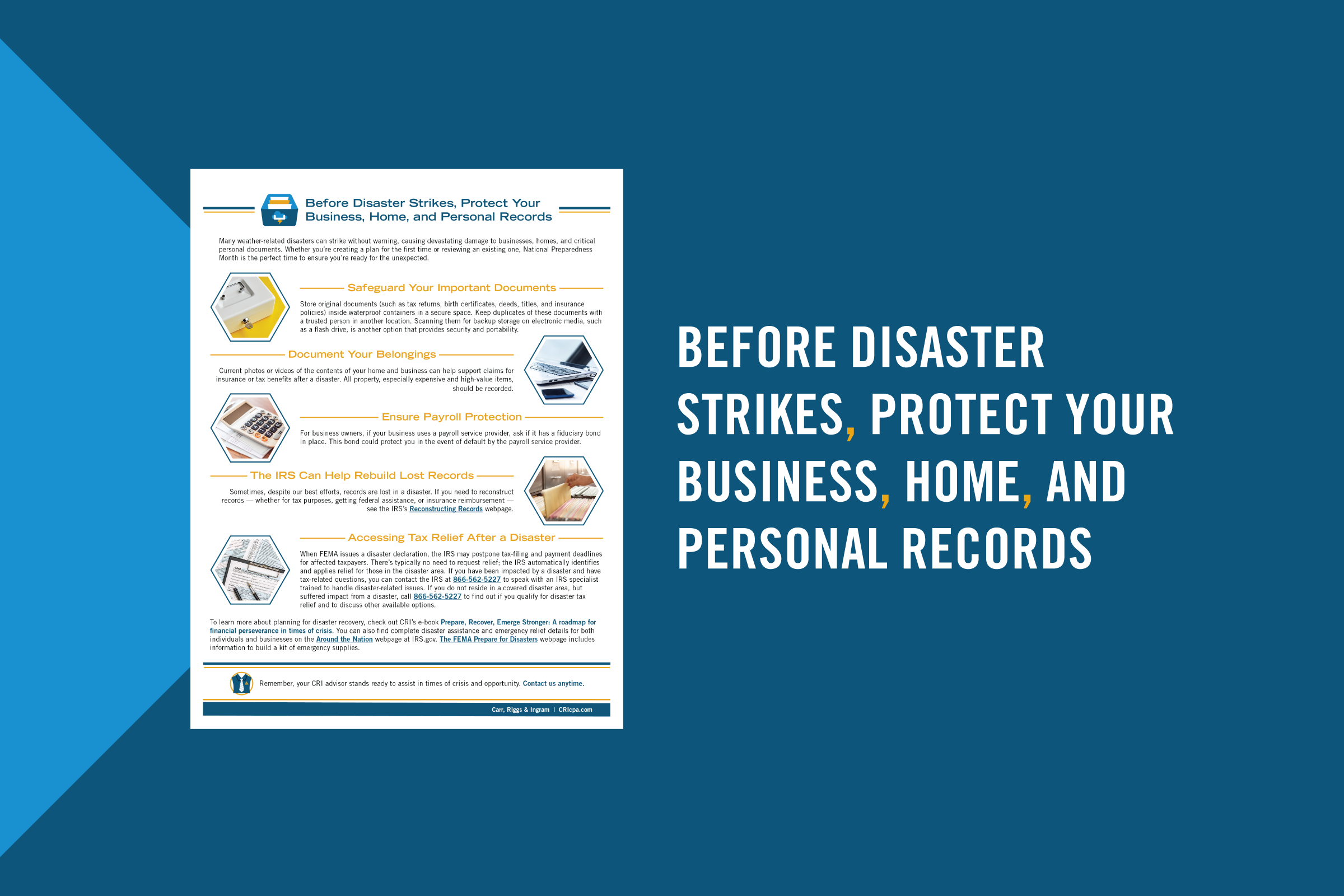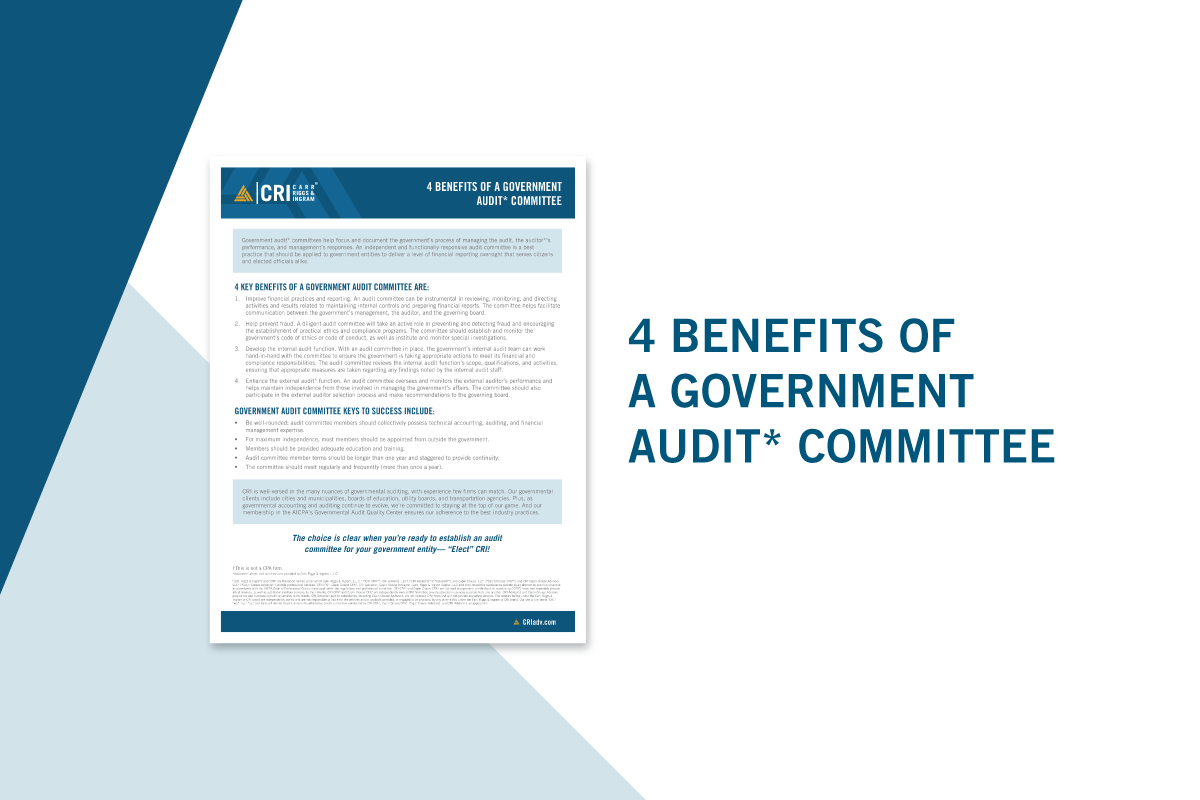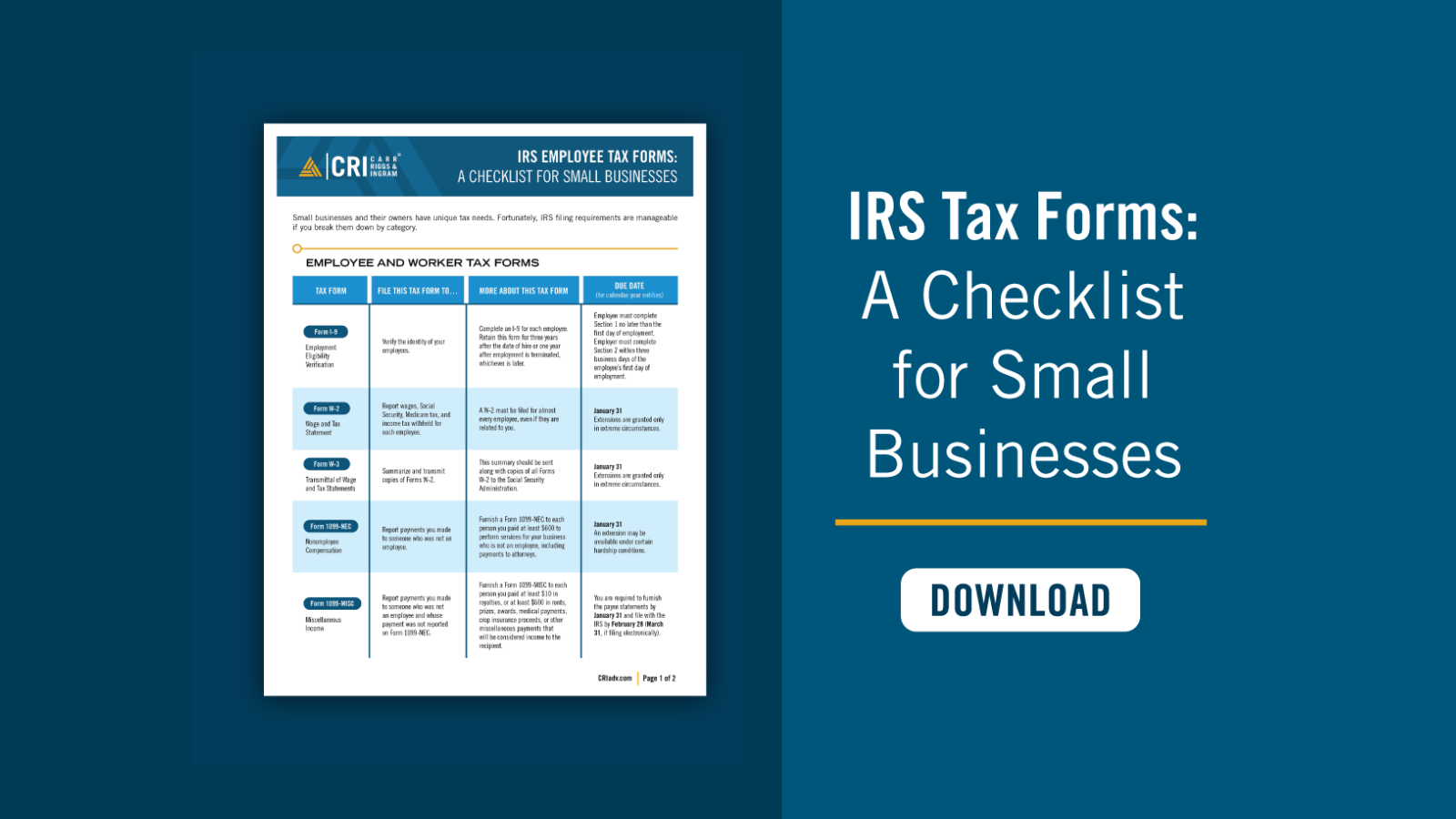All About the Budget: Get Ready for Buyer’s Due Diligence in Construction Transactions
- Contributor
- Jeff Hawkins
Aug 4, 2025
Selling a construction business is usually the most significant financial event of the business owner’s life. As private equity continues to seek out construction targets, it pays to be ready to reap the maximum value from the transaction. These sophisticated investors know where to look to uncover hidden liabilities, and they’ll use them as leverage in price negotiations.
In the world of construction, the outcome of a transaction often hinges on the contractor’s revenue recognition and budgeting processes. Early planning will help position construction company owners for a smooth sale process and, ultimately, a profitable sale.
Working Capital and the Dangers of Overbilling
U.S. generally accepted accounting principles (GAAP) require revenue from long-term contracts to be recognized as performance obligations are met. One of the most common ways of achieving this objective is through the percentage-of-completion (PoC) method.
In PoC accounting, the difference between the amount of revenue recognized and the amount billed in each period must be diligently tracked and recorded on the schedule of contract activity. Buyers will look closely at these overbillings and underbillings during financial due diligence.
From an operations standpoint, overbillings are positive. (The customer is floating the working capital, not you.) But from the perspective of the buyer, overbillings are a liability. Most business transactions are structured as “cash-free, debt-free.” That means on the day you close, you get to keep the cash sitting in the business’s bank accounts and you’re responsible for paying off the business’s debts and debt-like items, including overbillings. Since every dollar moved out of the “debt” bucket is a dollar added to final net proceeds, debt-like items have dollar-for-dollar impact for the seller.
Inexperienced buyers are at risk of walking into a situation where they have to spend their own money to finish a project for which the seller has already collected a large portion of the revenue. Private equity and other savvy investors, on the other hand, are aware of this potential area of exposure. They’ll insist on treating overbillings as debt, either amending the contract to reduce the purchase price or requiring the seller to leave more cash in the deal. Either way, the outcome will be a reduction in net proceeds.
Sellers do have a card to play, however. If the billings haven’t been collected yet or if the contractor can show that the funds went toward inventory for the project, then the contractor might be in a position to shift that amount into the working capital column.
Focus on Communication to Achieve Accurate Budgets
The PoC method hinges on management’s estimates. Unfortunately, budgets for long-term projects are notoriously prone to change.
Consider the following all-too-common scenario: The bookkeeper is getting ready to close the books on a project, but there are still guys in the field doing the finish work. Such a misalignment often occurs because of a lack of communication; the project owner makes changes that add time and expense to the project, but the operations team never communicates the status change to accounting. As a result, accounts payable shows that 100% of the budgeted costs are paid — but what they didn’t know was that the finish line moved. In addition to the very real possibility that the lack of communication will result in missed invoices, if buyers uncover those issues during due diligence, they can kill the deal or result in a lower purchase price.
As the construction company owner, it’s up to you to make clear that project managers are expected to update the accounting team every month before the books are closed. Establishing that direct line of communication between the operations and accounting teams can significantly improve both short-term cash flow and the outcome of a future transaction.
Don’t Leave Money on the Table
Construction company owners can protect their interests by knowing exactly which rocks buyers will look under and how to prepare their companies for this scrutiny. Thorough sell-side financial due diligence is your opportunity to shore up your business to achieve the maximum possible value. Contact our transaction advisory services team to get started.








